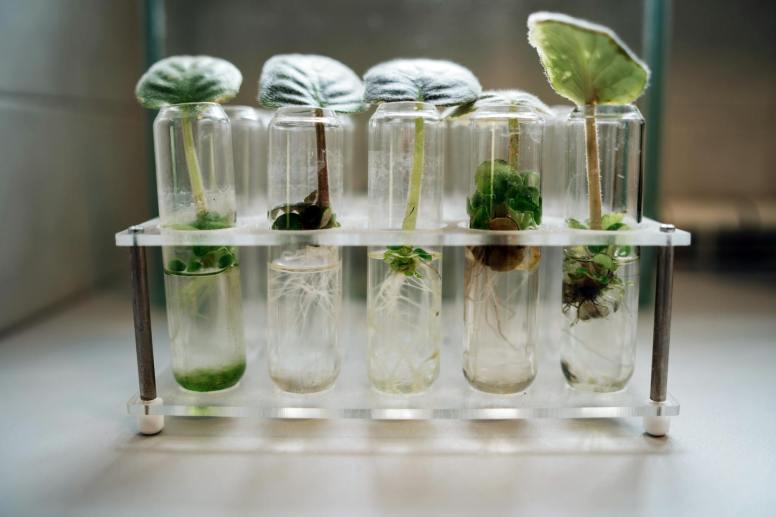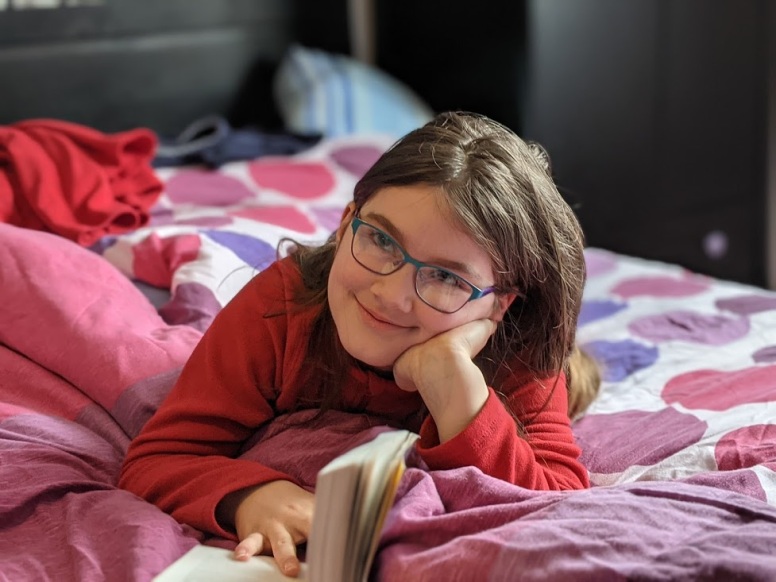Indigenous Wisdom, Scientific Knowledge, and the Teachings of Plants
Part 3
This is a book that I would not have read without the strong recommendation of a friend. It sounded too much like something from the 1960s, but I was wrong. Robin Wall Kimmerer integrates her heritage as a Native American with her training as a scientist.
I decided to revisit this book after reading Most Delicious Poison. There can be a benefit to wait to evaluate the impact of a book. What is it about the book that has continued to influence your thinking? I find myself continuing to reflect on how the Haudenosaunee traditions which have evolved over many generations agree with the conclusions of science. Native Americans have been practicing science for thousands of years. They, like indigenous peoples around the world, strive to be in harmony with nature and understand that we must respect nature if we are going to be able to sustain life, not just move on as itinerant immigrants have done. There is a strong tendency in our culture to overemphasize the present while disregarding the past and not considering the future.
The following could start a thought-a-day calendar. Taking time to underline them and then to type them slowed me down and facilitated contemplation on the relevance of the messages. I will not post these daily, but I am going to break them up into groups to encourage reflection.
Our elders say that ceremonies are the way we “remember to remember”… In the dominant society, though, ceremony seems to have withered away. I suppose there are many reasons for that: the frenetic pace of life, dissolution of community, the sense that ceremony is an artifact of organized religion forced upon participants rather than a celebration joyfully chosen.
In their tradition, When Skywoman arrived here, she did not come alone. She was pregnant. Knowing her grandchildren would inherit the world she left behind, she did not work for flourishing in her time only. It was through her actions of reciprocity, the give and take with the land, that the original immigrant became Indigenous. For all of us, becoming Indigenous to a place means living as if your children’s future mattered, to take care of the land as if our lives, both material and spiritual, depended on it.
In Native ways of knowing, human people are often referred to as “the younger brothers of Creation.” We say that humans have the least experience with how to live and thus the most to learn – we must look to our teachers among the other species for guidance.
Not one tree in a grove, but the whole grove; not one grove in the forest, but every grove; all across the country and all across the state. The trees act not as individuals, but somehow as a collective. Exactly how they do this, we don’t yet know. But what we see is the power of unity.
We make a grave error if we try to separate individual well-being from the health of the whole.





